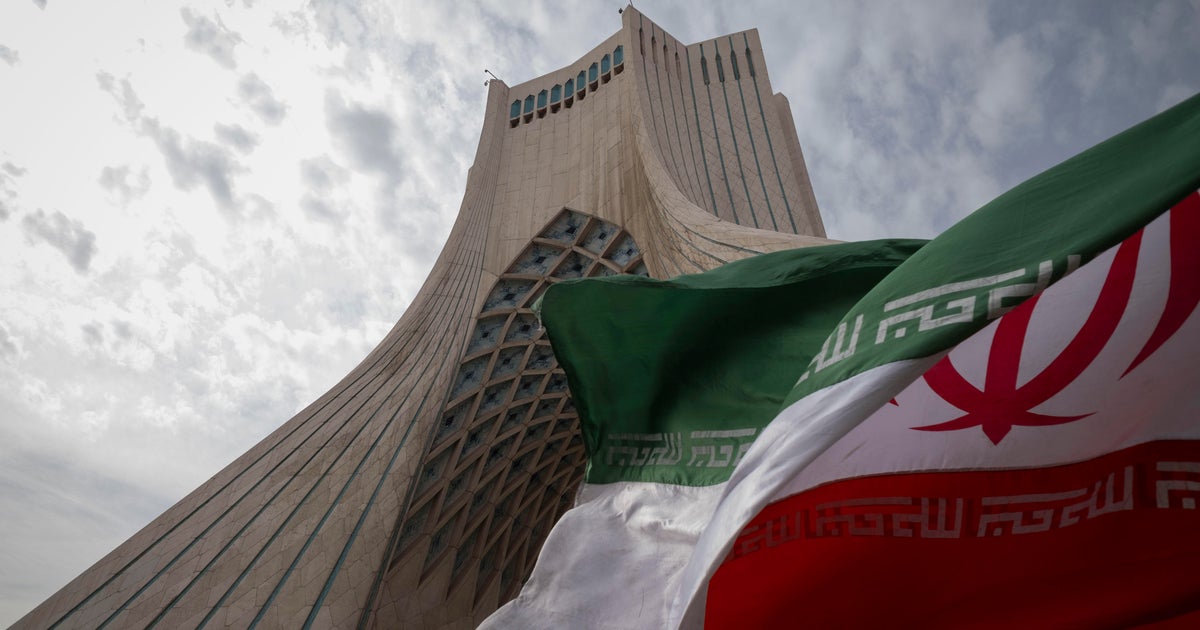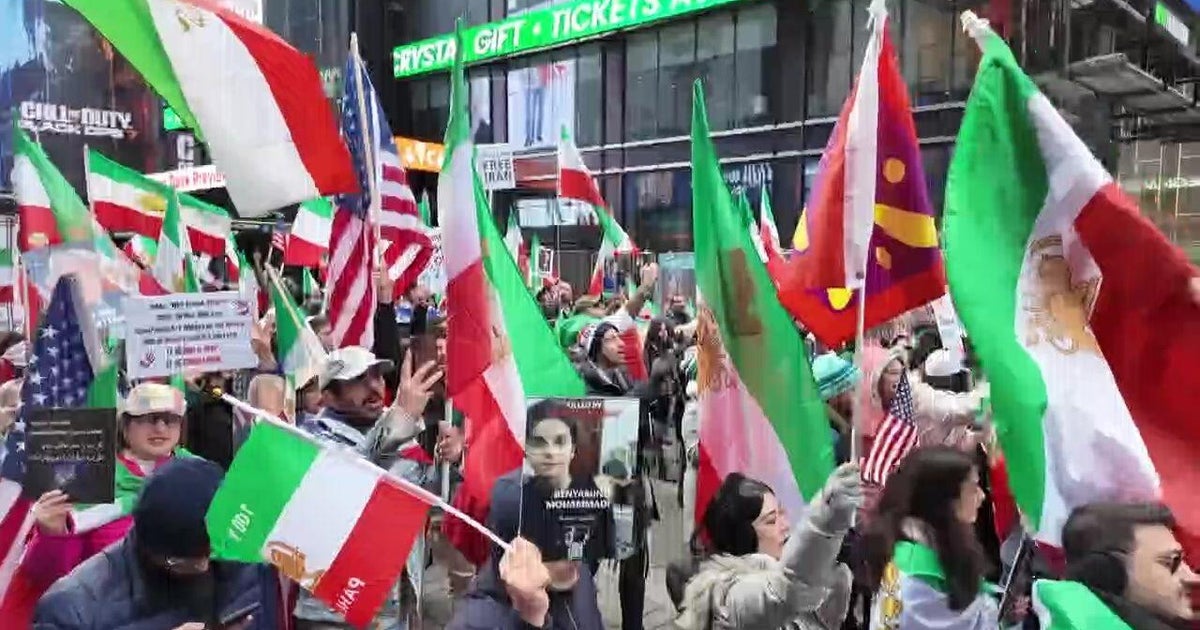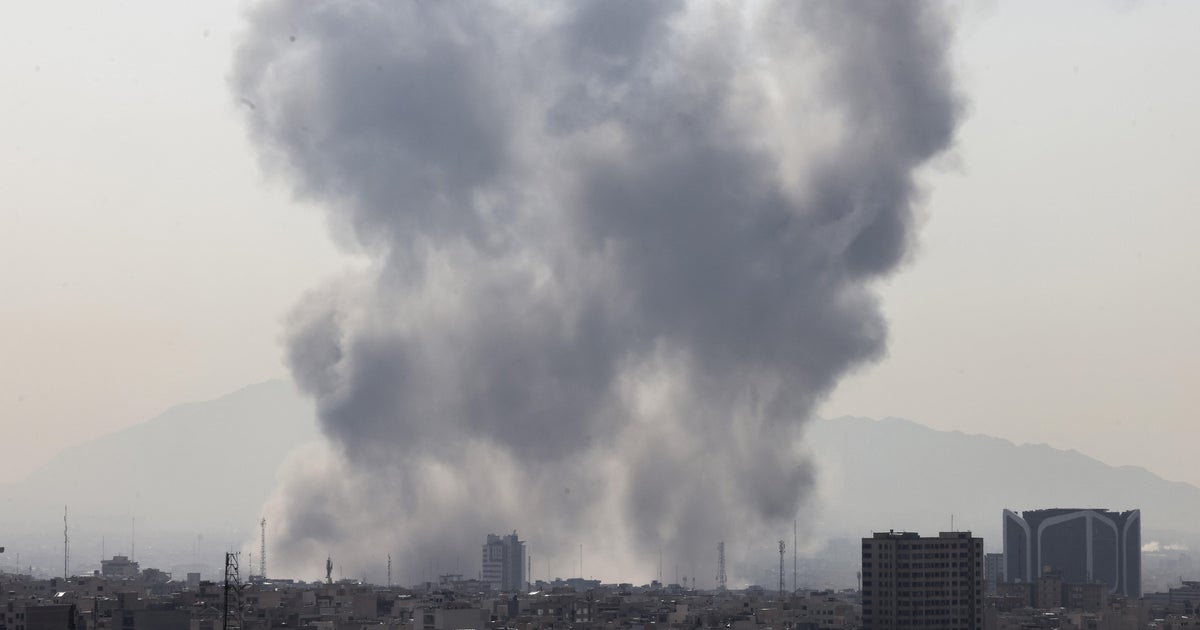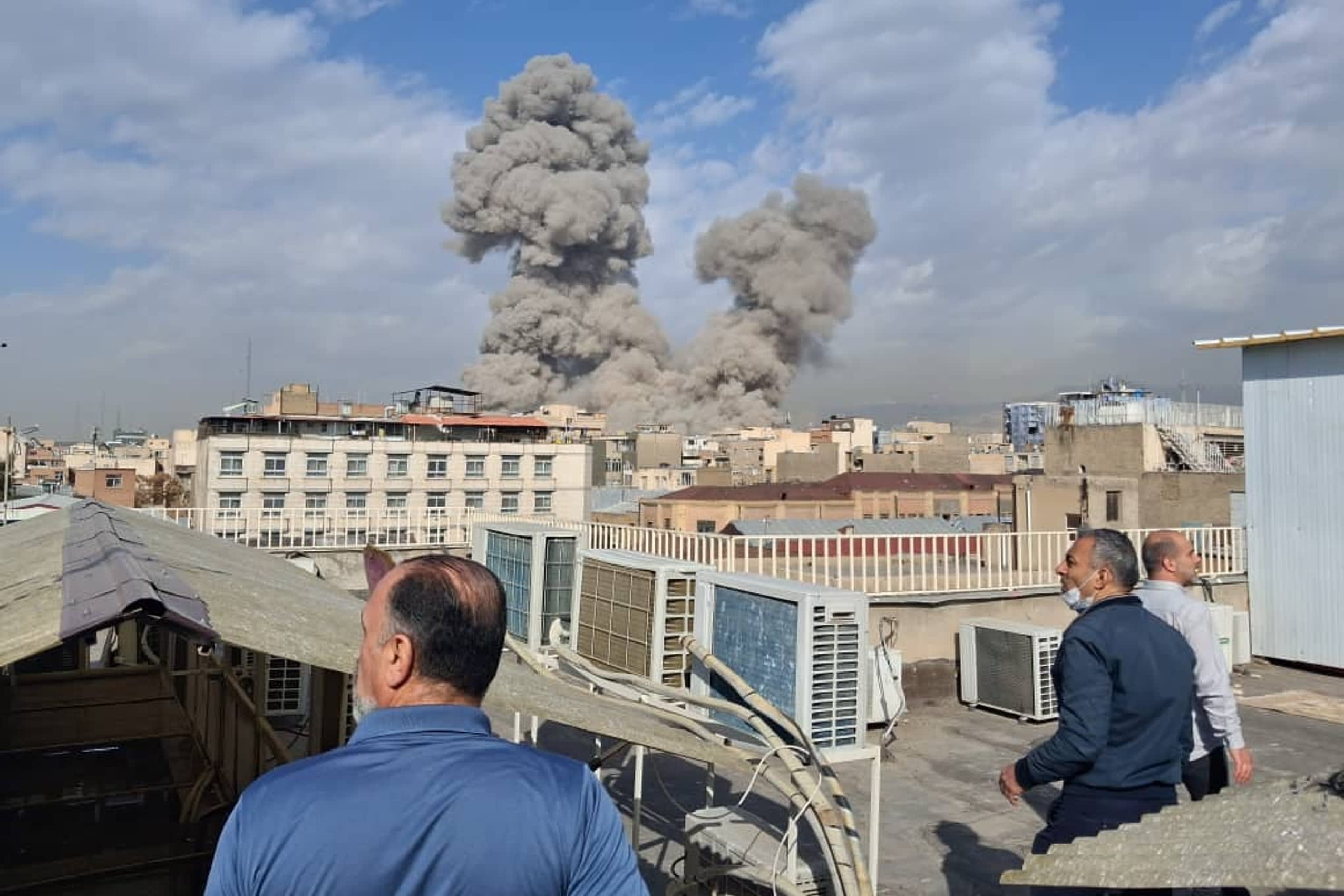Trump issues "hard-hitting" Iran sanctions
President Trump has signed off on an order leveling new sanctions against Iran, as tensions between Washington and Tehran continue to escalate.
Mr. Trump, who called reporters into the Oval Office Monday for the surprise signing, described the sanctions as "hard hitting" and said they will deny Iran's supreme leader Ali Khamenei and others in his office access to the U.S. financial system and assets in the U.S. The sanctions come after Iran shot down a U.S. drone last week and Mr. Trump approved cyber attacks against the regime to retaliate, although the Trump administration says these sanctions are in response to a range of Iranian behavior.
"These measures represent a strong and proportionate response to Iran's increasingly provocative actions," Mr. Trump said in the Oval Office. "We will continue to increase pressure on Tehran until the regime abandons its dangerous activities and its aspirations including the pursuit of nuclear weapons, increased enrichment of uranium, development of ballistic missiles, engagement in and support for terrorism, fueling of foreign conflicts, and belligerent acts directed against the United States and its allies."
Treasury Secretary Steven Mnuchin, giving reporters a surprise briefing on the announced sanctions moments after Mr. Trump announced them, insisted previous sanctions placed on Iran are indeed working, despite the latest signs of aggression identified by the Trump administration. Mnuchin would not specifically name which Iranian action these latest sanctions are intended to punish, but suggested the sanctions are in response to an array of behavior the U.S. deems unacceptable.
"I think the president has been clear, maximum pressure on the sanctions," Mnuchin told reporters, "So that is our strategy."
Mnuchin said that in addition to sanctions against the Iranian supreme leader, the U.S. is sanctioning three other senior leaders the U.S. is blaming for recent provocative acts by the regime. He identified them as "Ali Reza Tangsiri, who was responsible for the Iranian regime's forces threatening to close the straits of Hormuz; Amirali Hajizadeh, who was commander of the air force and responsible for downing the U.S. unmanned aircraft in international airspace; and Mohammad Pakpour, who is responsible for IRGC's ground forces."
The executive order the president signed said the sanctions are "in light of the actions of the government of Iran and Iranian-backed proxies, particularly those taken to destabilize the Middle East, promote international terrorism, and advance Iran's ballistic missile program, and Iran's irresponsible and provocative actions in and over international waters, including the targeting of United States military assets and civilian vessels."
Mnuchin said he has not consulted with allies specifically on these sanctions, although he has discussed Iran and sanctions with allies recently. The U.S. is largely acting alone among allies as it ratchets up pressure on the Iranian regime.
As CBS News has reported, Mr. Trump had approved a strike against Iran in response to Iran striking down a drone last week, but backed off, according to him because he learned as many as 150 people could die and determined such a response wouldn't be proportionate.
Only last week, Mr. Trump suggested the striking down of a U.S. drone may have been a mistake, carried out by someone "loose and stupid."
"I find it hard to believe it was intentional," Mr. Trump said last week, adding that it was perhaps a general or someone "under command" of the Iranian government who mistakenly authorized the strike. "It could've been somebody who was loose and stupid," he continued at the time.



